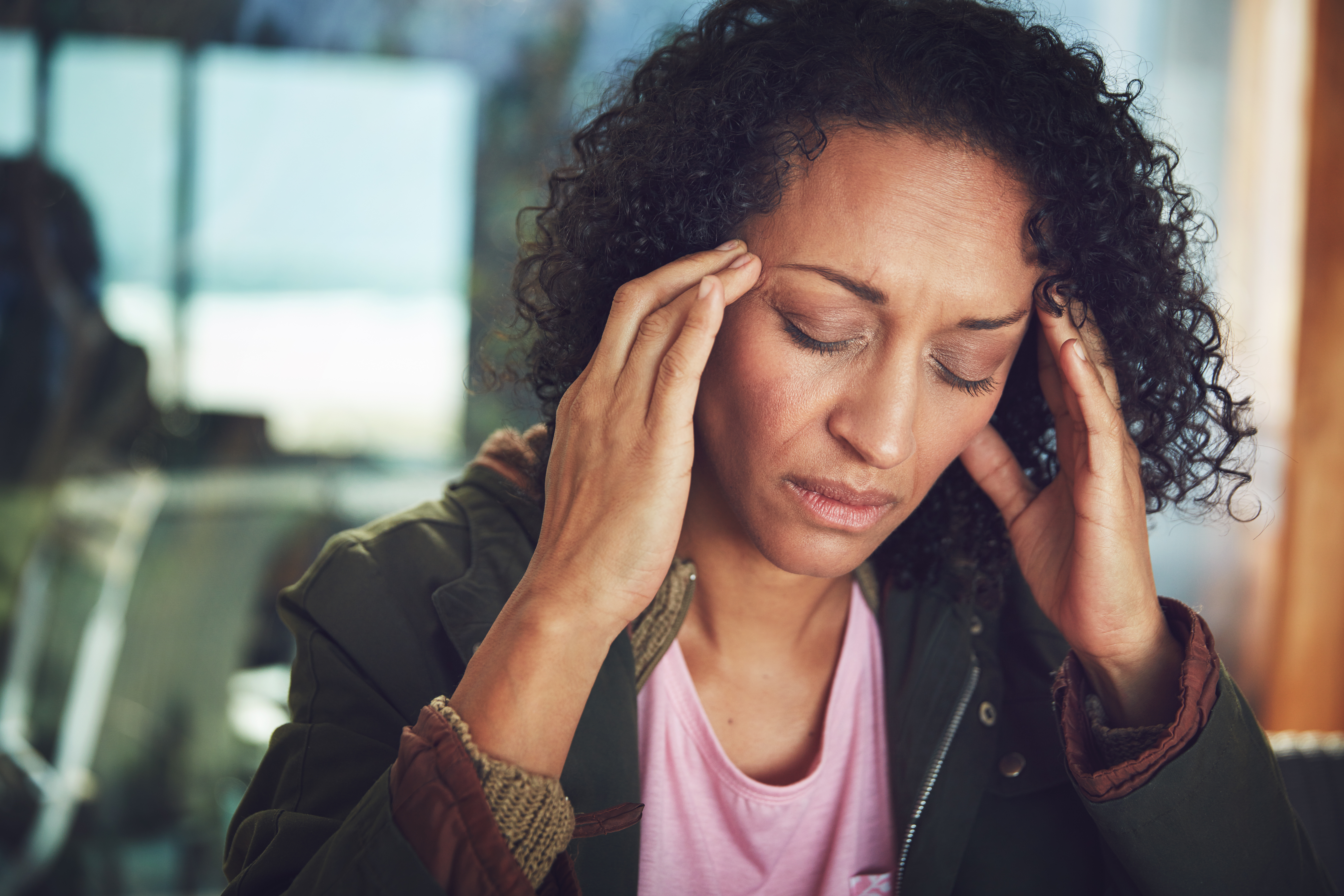The Surprising Connection Between Anxiety and Addiction

Some anxiety is normal. It’s a natural part of the body’s fight-or-flight response to stress, which prepares us to deal with danger.
However, anxiety is a significant factor in many addictions. The relationship between anxiety and addiction is typically established when people turn to drugs and alcohol to relieve the symptoms of anxiety. Unfortunately, prolonged substance abuse damages the brain and body mechanisms that help relieve the symptoms of anxiety, and as a result, anxiety increases over time.
This cycle of anxiety symptoms and self-medicating creates a compounding issue, and as time goes on, the individual will need treatment to break the cycle.
Anxiety Disorder Symptoms
Anxiety develops into a disorder when the symptoms become chronic and get in the way of daily life and the ability to function. People who have an anxiety disorder experience the following chronic symptoms:
- Restlessness
- Feeling on edge
- Easily fatigued
- Physical weakness
- Sweaty hands
- Difficulty concentrating
- Irritability
- Tense muscles
- Constant worry
- Problems falling or staying asleep
Anxiety Disorders
Anxiety disorders have separate diagnostic categories. A diagnosis is made based on the particular symptoms and their severity.
- Generalized anxiety disorder
- Panic disorder
- Social anxiety disorder
- Specific phobias
Anxiety and Addiction
Individuals who are experiencing symptoms of anxiety often turn to drugs or alcohol to either numb themselves, calm themselves down, or to help them relax or fall asleep. Self-medicating for anxiety is risky, because it is only a temporary solution, as the anxiety returns when the drugs or alcohol wear off.
In addition, the brain’s receptors adapt to the presence of drugs and alcohol. Over time, a calm state can only be reached by activating these receptors with drugs and alcohol. Tolerance also develops, and the person will need increasing quantities of drugs and alcohol to relieve symptoms of anxiety.
A research study on anxiety and addiction found that:
- 10 to 40 percent of people with alcohol addiction are also affected by a panic-related anxiety disorder.
- 10 to 20 percent of people with an anxiety disorder abuse alcohol or other drugs.
- Most of the study’s participants with both an anxiety and alcohol abuse disorder reported that their anxiety problems came before their alcohol abuse.
Individuals who have both an anxiety disorder and substance use disorder have what’s called a dual diagnosis. It’s important for people with a dual diagnosis to get the proper treatment to overcome their addiction and prevent relapse.
Dual Diagnosis
It can be difficult to ascertain if the person experienced anxiety first and self-medicated, or if the substance abuse led to the anxiety disorder. There have been documented cases where people abused cocaine and then developed anxiety as a result.
Effective treatment for anxiety and addiction starts with a complete assessment to uncover all the symptoms and disorders. Then, treatment for anxiety and addiction must occur simultaneously for the most effective level of rehabilitation. If one disorder is left untreated, the risk for relapse is extremely high, because the untreated disorder can then trigger the other.
References:









